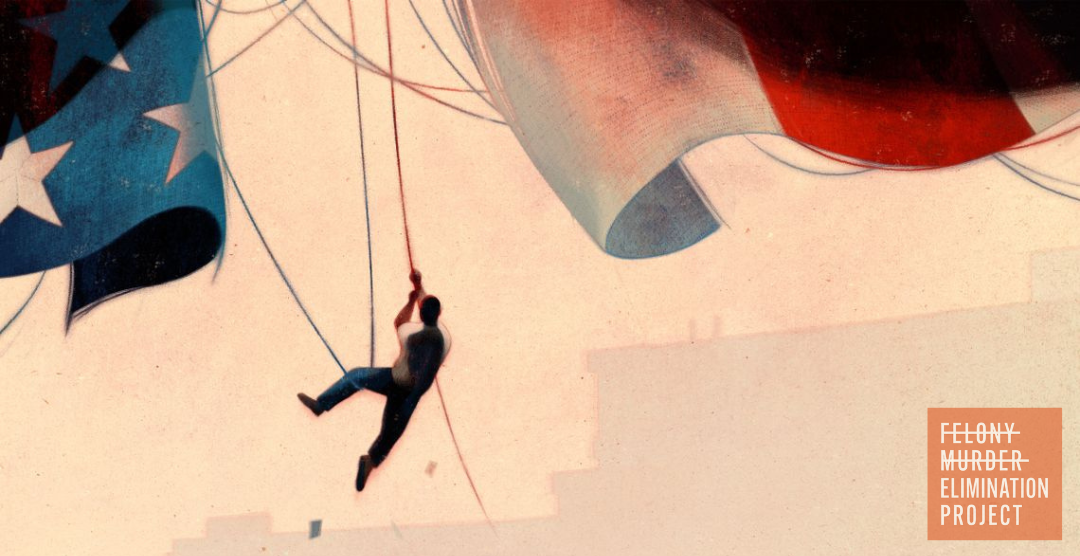What is 4th of July to Incarcerated People?

The essay "What, to the American Incarcerated Person, Is Your Fourth of July?" appeared in The Marshall Project, as part of the Life Inside series, stories as told from first-person essays from people who live or work in the criminal justice system.
Excerpts from the essay appear below.
*****
On July 5, 1852, the formerly enslaved abolitionist Frederick Douglass delivered his scathing Independence Day speech about the paradox of patriotism in an America that had passed its second federal Fugitive Slave Act. This notorious 1850 legislation required law enforcement to arrest people they suspected of escaping slavery, on even the thinnest of evidence. It also made feeding and sheltering runaways a crime punishable by six months in prison and a $1,000 fine.
After praising the “the truly great” and “brave” signers of the Declaration of Independence, Douglass asked his Rochester, New York, audience one of the most memorable rhetorical questions in U.S. history: "What, to the American Slave, is your Fourth of July?"
Inspired by Douglass’ famous question, 20 people ensnared in this country’s sprawling criminal legal system answered this variation of it: “What, to the currently or formerly incarcerated American, is your Fourth of July?”
- Franklin McPherson, 38 - Shawangunk Correctional Facility, Wallkill, New York: As a modern-day American slave — because that’s what I am, thanks to a loophole in the 13th Amendment that still allows enslavement as a punishment for crime — July 4th is full of heartache, embarrassment and disappointment. It’s also a cruel reminder of how the criminal legal system is violating my 8th Amendment rights against cruel and unusual punishment.
- Jeremy Zielinski, 41 - Woodbourne Correctional Facility, Woodbourne, New York: America has one of the highest incarceration rates on Earth. Still, nothing brings liberty to mind like hearing fireworks from behind a 30-foot wall. Are America’s prisons corrupt, oppressive and exploitative? Of course. But I celebrate because I can. I know that independence isn’t a historical event, but principled defiance. It’s the power of a mind that recognizes its own freedom from external control. If tyranny is a boot on the neck of a nation, liberation is using your last breath to laugh at the person wearing it.
- Jonathan Vargas, 37 - Ohio State Penitentiary, Youngstown, Ohio: My first response: My Independence Day will come when I’m released from prison. But when I look deeper into myself, I can say that it came the day I stopped beating myself up, forgave myself, and became the man I always wanted to be. Regardless of whether I’m in prison, I can still be free in my mind, in my heart and in my soul.
*****
You can read the full essay, "What, to the American Incarcerated Person, Is Your Fourth of July?" at the Marshall Project website. The Marshall Project is a nonpartisan, nonprofit news organization that seeks to create and sustain a sense of national urgency about the U.S. criminal justice system, working to impact the system through journalism, rendering it more fair, effective, transparent and humane.
If you or someone you know is interested in submitting to the Life Inside series, The Marshall Project is looking for 1,000 to 1,400-word nonfiction pieces about a personal experience with the system. They want slices of life rather than full autobiographies. Focus on telling a good story — one that is vivid, surprising, instructive or enlightening to a reader who may not share your frame of reference.










